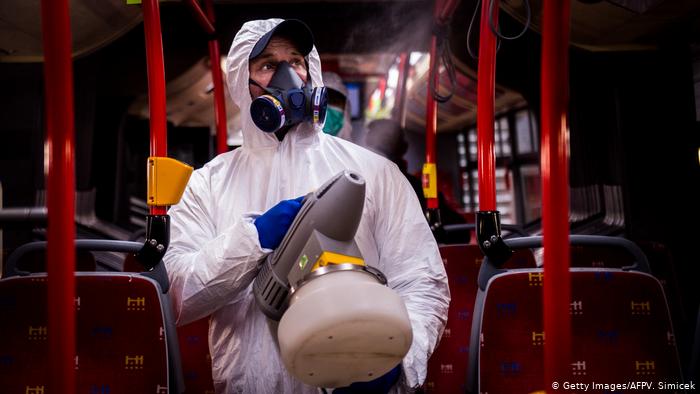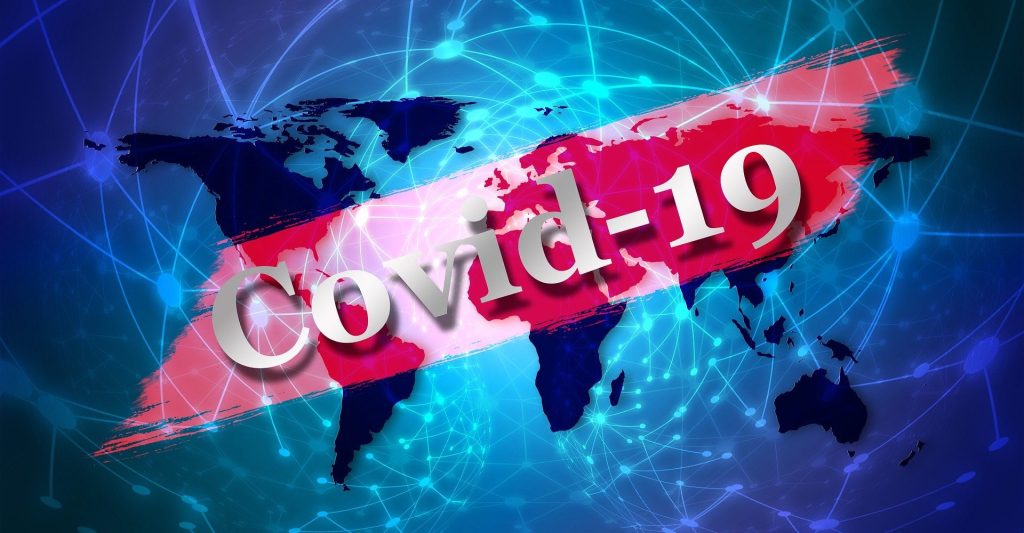Since January 1, 2020, IMO member states are expected to fully implement the new global marine fuel sulfur cap. However, the COVID-19 pandemic makes it quite difficult.
According to the International Maritime Organization’s (IMO) new regulations which came into force on January 1, 2020, the maximum sulfur content of fuel consumed at sea has to be limited to 0.50%, unless an exhaust gas cleaning system is used. This was the first step of an action plan by IMO, which aims to reduce annual greenhouse gas emissions from ships by at least 50% by 2050 compared with 2008.
To ensure consistent implementation of the new global cap on sulfur, it is important for shipowners and operators to consider and adopt various strategies, including installing scrubbers and switching to liquefied natural gas and other low sulfur fuels. They have to consider a wide variety of factors when choosing their compliance solution including the vessel age, operating and capital costs, fuel availability, technology solution availability and reliability, and the primary trading areas.
When the new cap was announced, there were already concerns about the implementation rate in the industry. This was back when the COVID-19 pandemic didn’t exist. Since then the priorities of all humanity have changed.
The latest reports show that even though the transition to the International Maritime Organization’s global low sulfur mandate and the high sulfur fuel oil carriage ban has been relatively smooth so far, the inspections are set to drop as the focus has shifted to containing the coronavirus’ spread.

With safe bunkering practices, crew changes and continuity of the global supply chain in shipping receiving more attention, bunker fuel inspections expected to drop as coronavirus measures take center stage in the industry.
In terms of compliance, March was expected to be a pivotal month for the regulation, as the ban on the carriage on non-compliant fuel oil entered force in order to support the implementation of the sulphur cap. It was hoped that this would be accompanied by greater enforcement by port state control.
However, measures put in place to cut back on inspections and reduce the risk of spreading coronavirus has put a spanner in the works. For example, the UK’s Maritime and Coastguard Agency (MCA) has temporarily suspended checks for compliance with the new sulfur cap. “In terms of enforcing IMO 2020 and ultimately MARPOL Annex VI requirements, as we have suspended port state control inspections, this also means that the checking of compliant fuel has been suspended,” said an MCA spokeswoman.
It’s claimed and feared that some port states will also suspend enforcement measures even though they officially and publicly do it or not.
What’s the situation in Turkey?
Just like most of the World, the compliance rate in Turkey has been high. The new regulations have been taken seriously and there’s no indication that the IMO 2020 regulations will be neglected because of the pandemic. However, this doesn’t mean that there are no concerns at all.
According to a bunch of interviews conducted by 7deniz.net in Turkish, one of the biggest concerns is about fuel prices and fuel availability. The quality of fuel is another concern. Many unanswered matters are on the agenda of seafarers, whether new fuel will cause problems with main and auxiliary machines, how far the prices will increase, or when they will be balanced, and to what extent the penalties will increase are among the other questions.
However, it’s safe to say the priority of the industry in Turkey is still to find the best ways to adapt to the new regulations, instead of neglecting them because of the pandemic.








